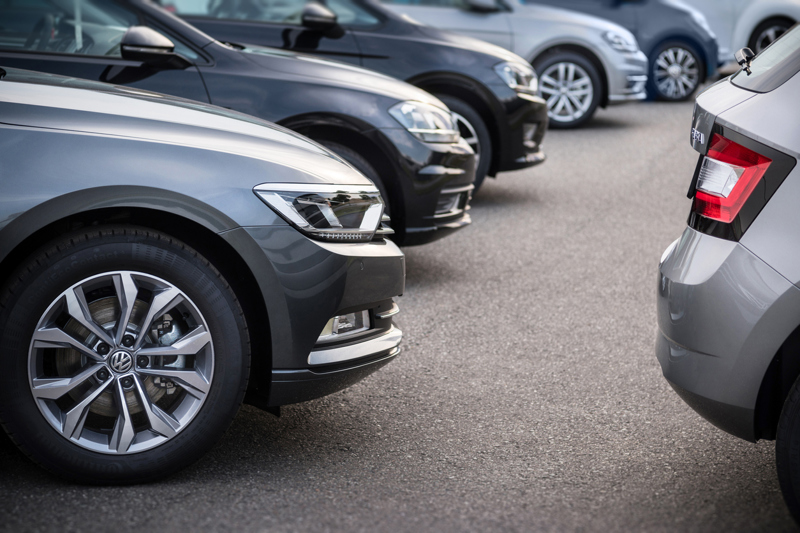
Electric vehicles have levelled the playing and removed a lot of the badge snobbery among company car drivers, according to fleet operators.
The focus now is more on range, reliability and value for money.
“It’s less about the car and more about how it is used, the suitability and the technology,” said one fleet decision-maker, at the Fleet200 Strategy Network meeting this month.
Another added: “We see the likes of MG rising up the list for company car drivers, especially in salary sacrifice.”
Fleets themselves are also more open to adding full electric vehicles to their choice lists.
They are also more willing to consider alternative solutions, such as battery swap which is Chinese manufacturer Nio’s proposition.

Electric vehicles have levelled the playing and removed a lot of the badge snobbery among company car drivers, according to fleet operators.
The focus now is more on range, reliability and value for money.
“It’s less about the car and more about how it is used, the suitability and the technology,” said one fleet decision-maker, at the Fleet200 Strategy Network meeting this month.
Another added: “We see the likes of MG rising up the list for company car drivers, especially in salary sacrifice.”
Fleets themselves are also more open to adding full electric vehicles to their choice lists.
They are also more willing to consider alternative solutions, such as battery swap which is Chinese manufacturer Nio’s proposition.
The company is part of the Yangtze River Delta Automotive Alliance which recently opened its UK office in London.
One of the biggest challenges for the Chinese new market entrants is reassuring fleets that, should something go wrong, they have the aftersales network to take care of the repairs.
The other, which affects public sector fleets in particular, is data.
“These are driveable computers that collect lots of personal data.
"There are governance concerns when you have an entire vehicle that is a telematics machine,” said one fleet.
“There are questions over where that data goes and who owns and collects it.”
Nevertheless, the general consensus was that with the cost advantage of Chinese models and the availability, people would be more willing to overlook those fears.
Access to greater choice was another opportunity, with the Chinese market consisting of 94 brands with 600 models, including cars, vans and trucks.
The electric van proposition was of particular interest due to the lack of viable models in the UK.
Fleet200 sponsor partner Novuna has seen some fleets extend their diesel vans by 12 months as they wait for new electric product to come to market.
“Uptake has been slow because there isn’t enough choice, range, supply or infrastructure. A lot of fleets are waiting another cycle,” said one fleet.
“There are also issues over drivers who take their van home at night because they can’t charge at home. But battery swap could be a solution.”
Batteries can be swapped in as little as 20 seconds.
They are also not included in the lease cost, instead adding around £50 per month to rent.
Another advantage is they can be maintained within the ideal 20-80% charging thresholds for maximum life.
Another solution being used in China is a concierge-style service where the car is collected, charged and returned to the driver.
In addition, an automated robotic charging solution, costing £25,000, was also of interest to fleets.
It could be used at the place of work without having to dig up the road to install lots of charge points.
“This could be idea for PHEVs so they don’t clog up our existing chargers,” said one fleet.
“This would free them up for BEVs.”
Chinese manufacturers & choice lists
Whilst all the fleet operators at the table agreed that the Chinese OEMs can significantly increase the fleet choice list options that are currently available for them and the significant of advancement of EV technologies that we can see in the Chinese market, some concerns have been raised around the following aspects:
Client conflicts and politics can actually limit the choice – for example, US based clients often restrict products procured or supplied from China;
There are lots of unknown about these OEMs; no history which can limit the perception of reliability; they offer a wide range of vehicles that nobody knows them; no information about the SMR infrastructure to be provided or dealer/EV network infrastructure.
Have to have the leasing companies on board for adoption of EV vehicles from China, but they need to understand the residual value they need to set in order to be willing to includes these vehicles in their choice list
Fleet operators in general are cautious about early adaption of EV as new technology, higher miles range are coming out every year – why invest in EV now?
Because of this disruption, some fleet operators are delaying their EV transition as long as they can, whilst others that have a strong 2025 target and long replacement period (e.g. 9 years) have to act now, invest wisely, convince the higher management team first and then get it cascaded down to the drivers.
Chinese OEMs need to understand that UK market and market their products from the UK customers perspective – we might not be yet ready for live stream selling.
For the UK customers, car brand and image are too important, cars are regarded as status symbol
For the adoption of Chinese vehicles, marketing, dealer and SMR network, part supplies, back up support all must come hand in hand.
In addition to the above-mentioned concerns, some positive aspects of the advancement of the Chinese OEMs’ have been mentioned such as:
- It seems that they take sustainability seriously, they live it and do it, not just ticking the box compared to some European OEMs
- Chinese OEMs are adding lots of extras in their standard kits, offering a package of standard equipment – easier and cheaper to produce vehicles.
- Their huge advancement is definitely causing disruption in the market, which made some other OEMs realise that they are lagging behind, so these manufacturers are now accelerating their efforts (for example, Ford was mentioned)
Login to continue reading.
This article is premium content. To view, please register for free or sign in to read it.



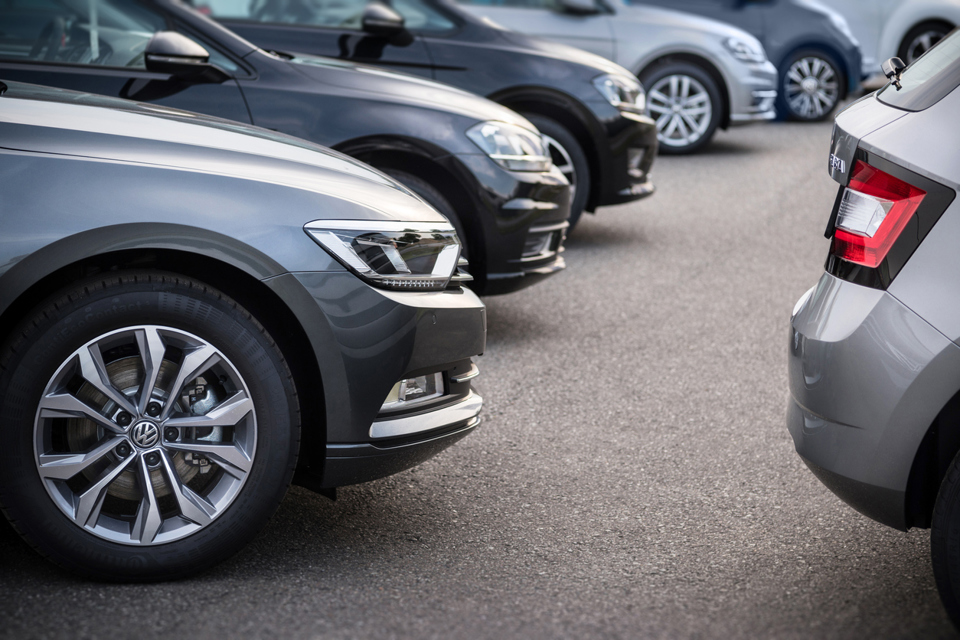
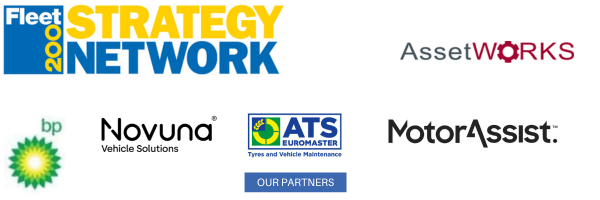





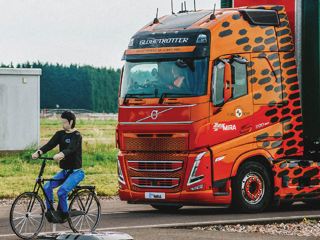

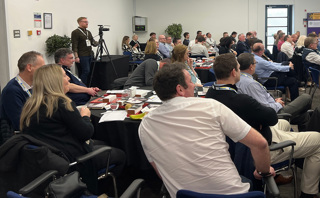












Login to comment
Comments
No comments have been made yet.